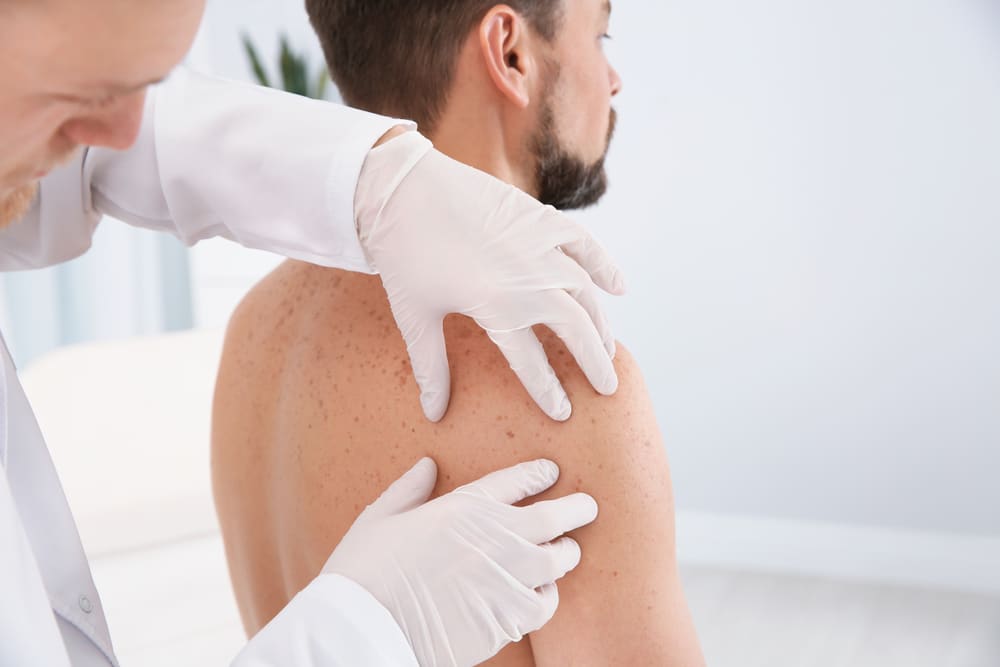Recognizing Atypical Moles: When to See a Dermatologist

Most moles are harmless, but some can change in ways that indicate a serious concern, such as melanoma.
Atypical moles, also known as dysplastic nevi, don’t always signal skin cancer. They do warrant close monitoring, though. Knowing what to look for and when to seek professional evaluation can help you catch potential issues early.
We offer expert clinical and cosmetic dermatology services at Dallas’s Dermatology Treatment and Research Center. Our team, led by Dr. Ross Radusky, a board-certified dermatologist, and Shevonne Chude, a Diplomate of the Society for Dermatology Physician Assistants, uses cutting-edge technology and techniques to provide superior care.
What Are Atypical Moles?
Atypical moles can show up anywhere on the body and often exhibit irregular features that distinguish them from normal moles. They are usually benign. However, having several atypical moles may increase your risk of melanoma, making regular monitoring essential.
Signs of an atypical mole include:
- Asymmetry: One half looks different from the other.
- Border Irregularity: Edges appear uneven, jagged, or blurry.
- Color Variability: Multiple shades of brown, black, red, or blue within one mole.
- Diameter: Greater than 6 millimeters (around the size of a pencil eraser).
- Evolution: Any noticeable variations in size, shape, or color over time.
When Should You See a Dermatologist?
Not all atypical moles are dangerous, but it’s best to err on the side of caution. Consult a dermatologist if:
- You observe rapid changes in a mole’s appearance.
- A mole becomes itchy, painful, or starts to bleed.
- You have a family history of melanoma or skin cancer.
During a professional skin exam, your provider will use advanced tools to assess your moles and identify potential issues. If a mole seems suspicious, they may perform a biopsy to rule out skin cancer.
Regular skin checks and annual dermatologist visits can aid in the prompt detection of problematic moles. Early intervention often has a significant impact on treatment outcomes.
Schedule Your Skin Exam Today
Your skin’s health is too important to ignore. If you’ve noticed changes in a mole or have other concerns, visit the Dermatology Treatment and Research Center in Dallas.
Call us at 972.661.2729 or book online today. Our specialists are here to administer personalized care and ensure peace of mind.
